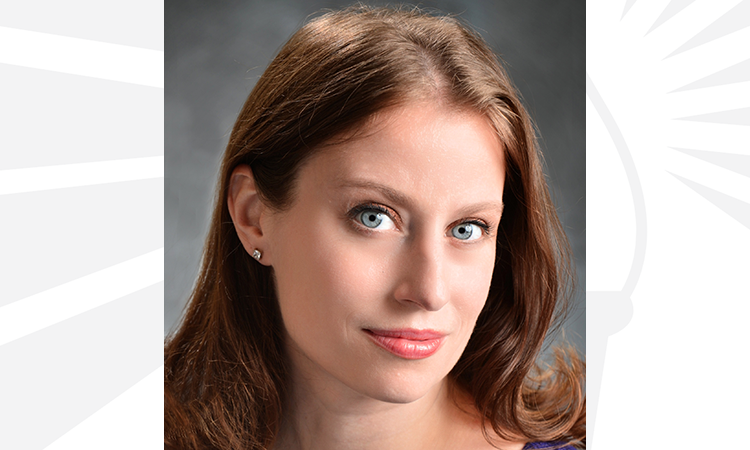Dr. Daniel Scholes and Dr. Amanda Miller publish peer-reviewed teaching activity

Dr. Daniel Scholes, assistant professor of biology, and Dr. Amanda Miller, associate professor and chair of sociology, were able to transform a fun day of teaching into a published, peer-reviewed teaching activity. The activity they created, “Mate Choice from Sociological Perspectives: Sexual Selection Meets Mating Markets,” was first-authored by Scholes and published in TRAILS (the Teaching Resources and Innovations Library in Sociology.) It was chosen as a featured activity and could well be one of the few teaching activities in America to feature both what is essentially a Mr. Universe contest among elk and the polygamist reality TV family from “Sister Wives.” (You heard it here first!)
Description:
Mate choice is a deeply studied topic of both evolutionary biology and sociology due to the complexity of social interactions, the process of conscious and unconscious evaluation of potential mates, the high stakes of successful reproduction, and consequently the long-term effects on families and populations for generations. The process of mate choice in human populations shares fundamental similarities with organisms overall, though with many cultural modifications.
A sociologist and biologist designed activities that elucidate the fundamental challenges of mate choice in organisms generally, and then relate them to the ways in which humans share and deviate from generalized strategy, incorporating them into a team-taught session. The first activity prompted students to simulate mate choice by maximizing the quality of offspring based on their own and potential mates’ phenotypes, while under conditions where male reproductive capacity exceeds that of females (as is often the case in natural populations). In our class, discretion by high-quality females was the most successful strategy, though monogamy among individuals occurred especially in propinquity.
A mini-lecture on the biology of mate choice and monogamy led to the social factors in human mating, emphasizing the prevalence of monogamy among many human populations despite its rarity among populations of other organisms.
Students reflected on their own mating preferences, and related their preferences to those of students who are similar or dissimilar to them in some way (e.g. academic interests, cultural aspects, etc.). Student responses exhibited a propensity for hypergamy particularly for cultural signals of “success” (e.g. finances and education), though with preferences for similarity in religion, hobbies, and political beliefs. Students reconciled the biological and social implications of mate choice, which are at times in conflict, while assessing their own preferences and propensities relative to culture.
Dr. Miller also co-organized an international nonmarriage conference that she attended in late February in Tuscon, Ariz. The Nonmarriage and the Law conference, a collaboration between sociologists and law professors, brought together numerous scholars from across the country and around the world, including scholars from Harvard, Rutgers, UPenn, and Emory, among others, as well as those from universities in Canada and Israel. Dr. Miller was the keynote speaker at the conference last year. She also presented a paper with her colleague, Dan Carlson from the University of Utah, entitled, “The Gendered Division of Labor, Gender Ideology, and Women’s Well-being across Union Type.” The research found that cohabiting women experience higher levels of depression when their expectations for gender roles do not match their actual relationships (so, if women are gender traditional and end up sharing the paid work or housework equally or women are gender egalitarian and end up earning much less/doing much more housework.)
Dr. Miller, who is on sabbatical this semester, is following up on the research she conducted for her book, Cohabitation Nation, to re-interview former cohabitators originally interviewed for the project.
